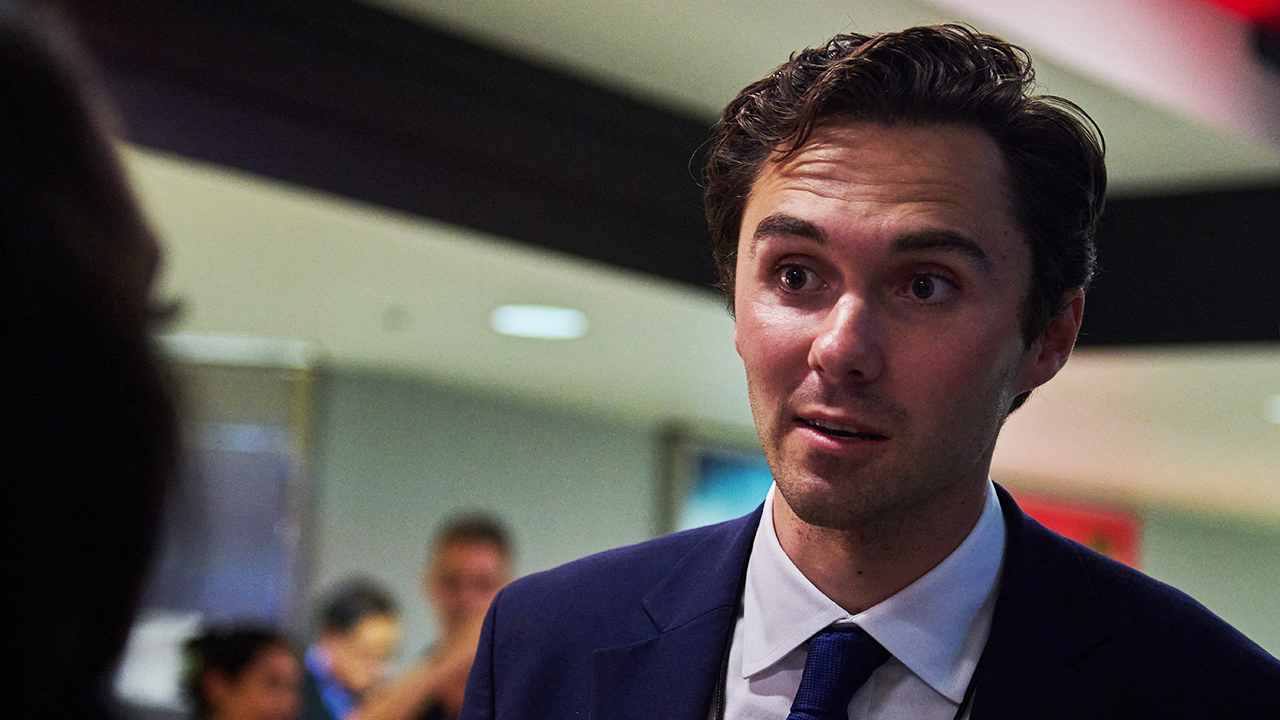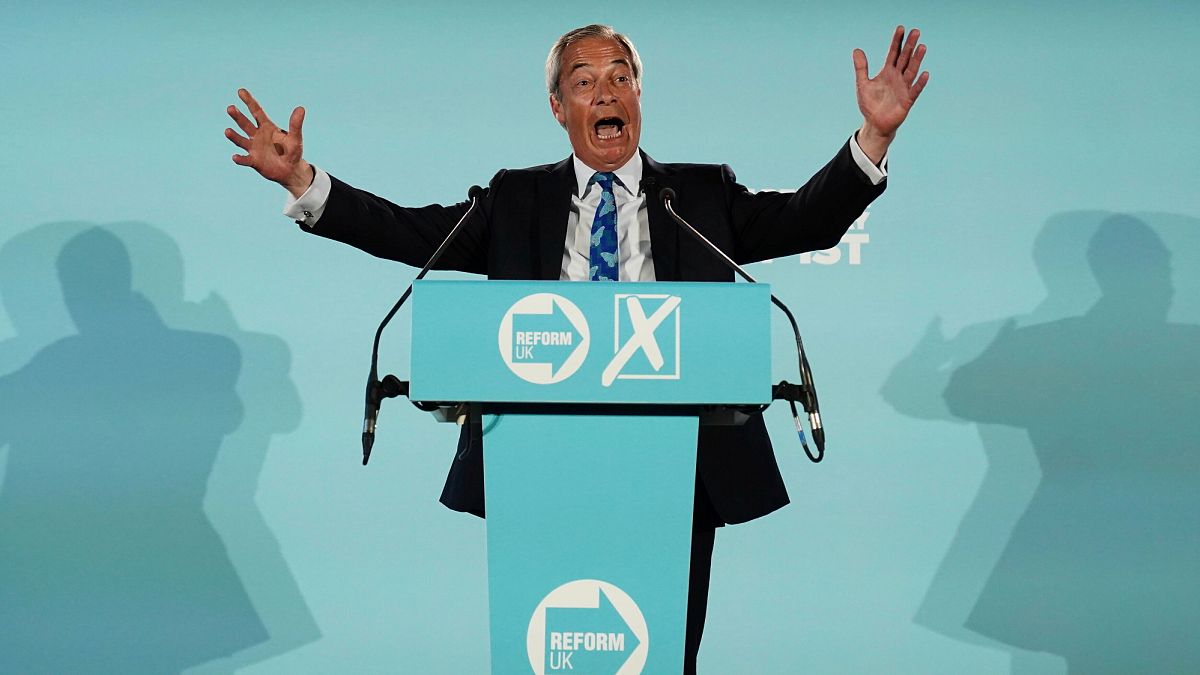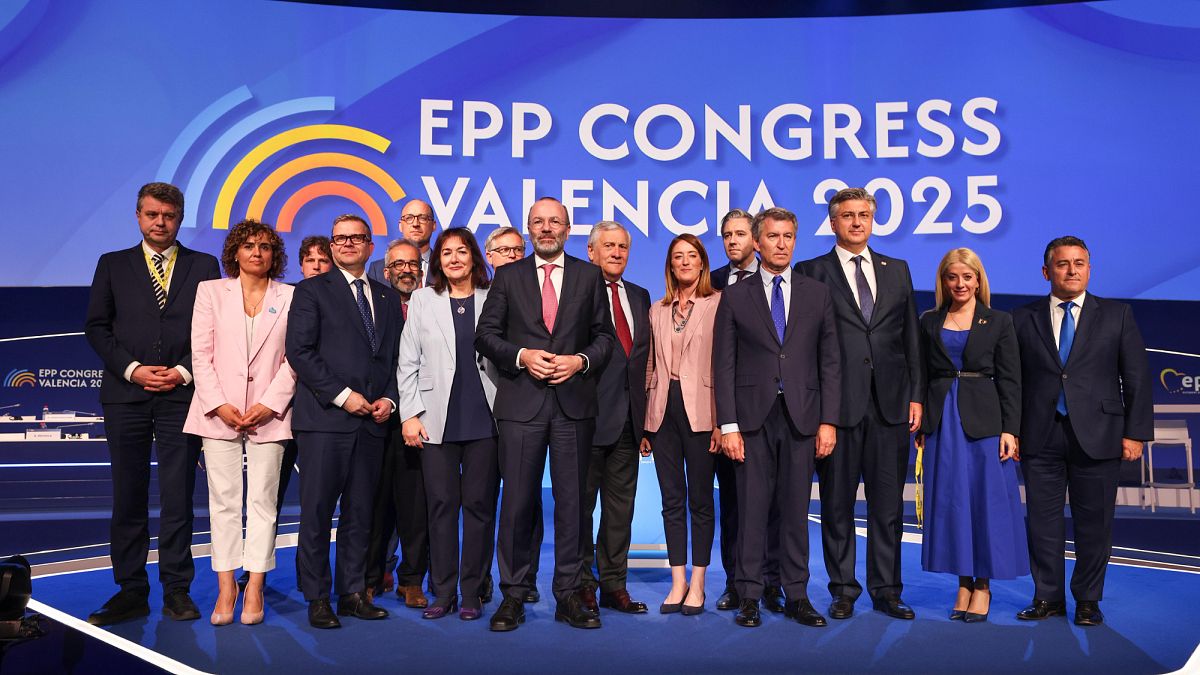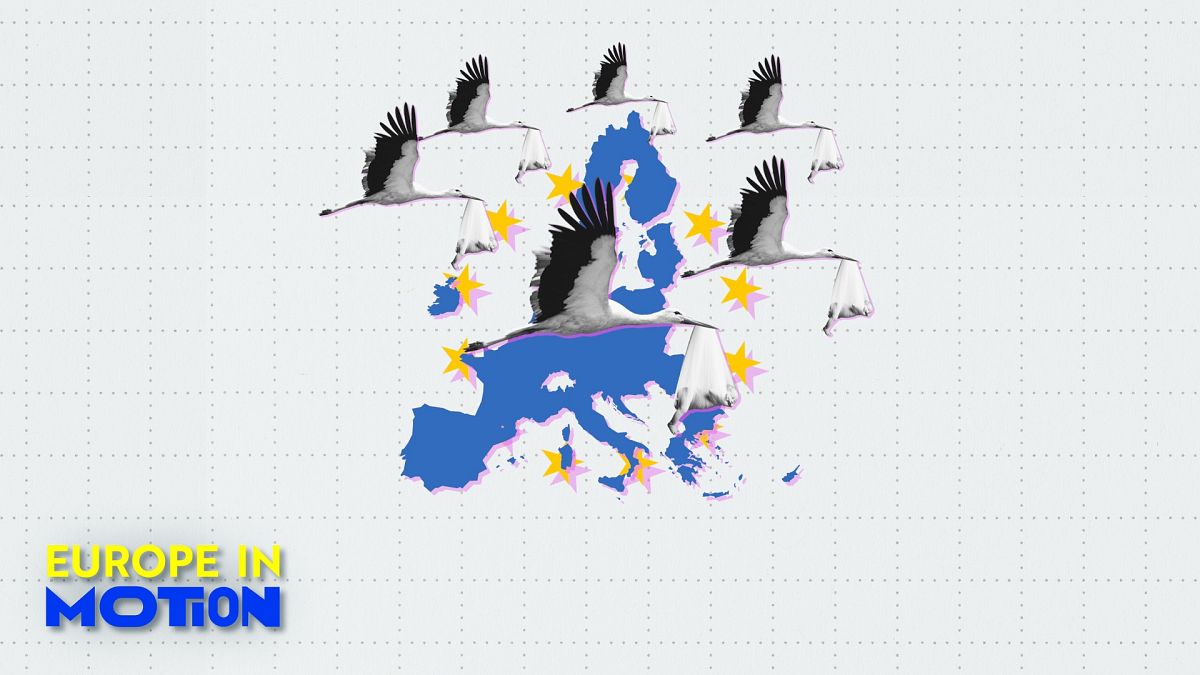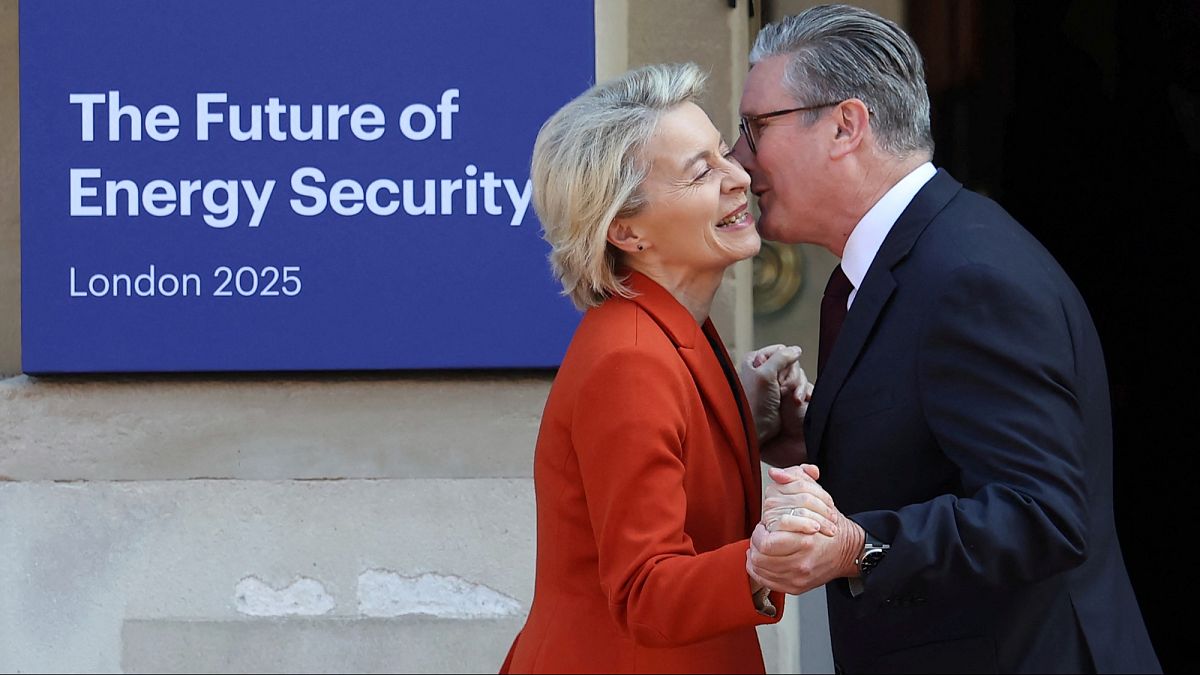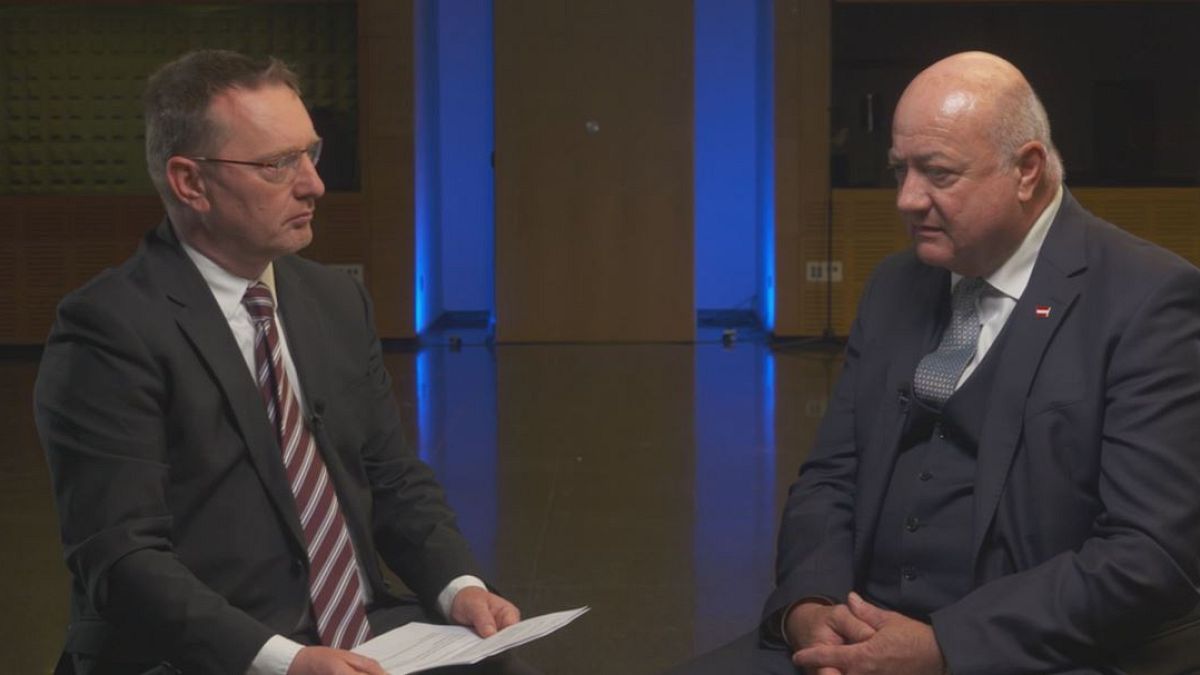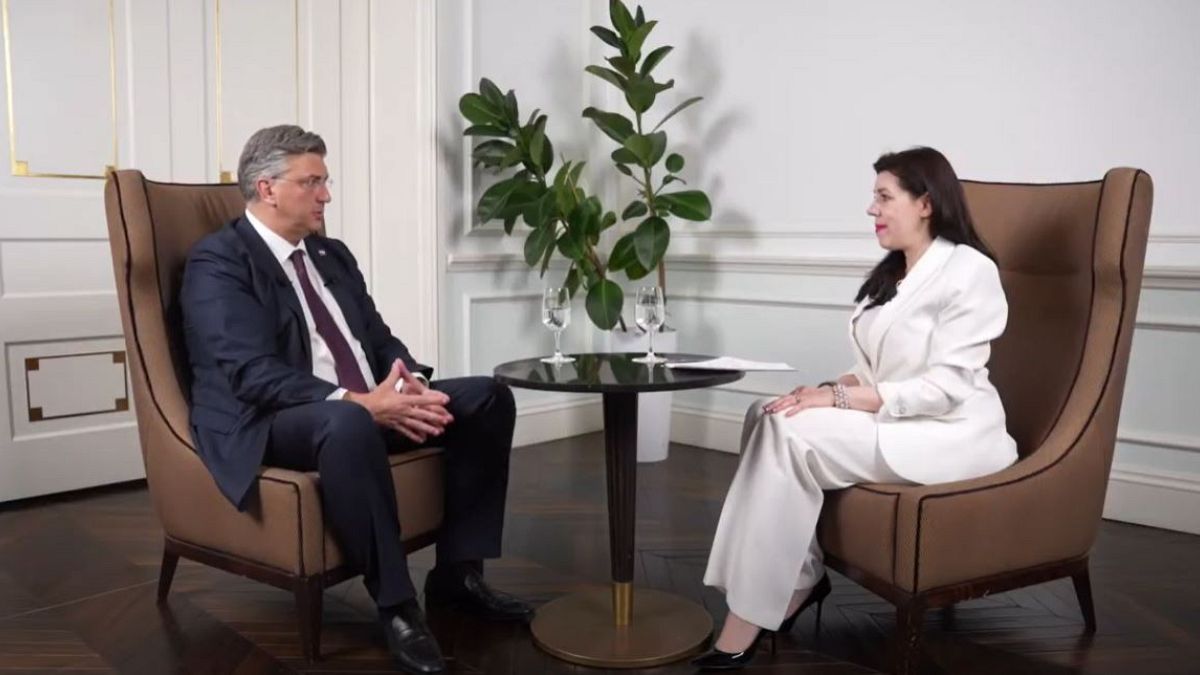Nigel Farage, the leader of the far-right Reform UK party who was one of the biggest proponents of Brexit and the UK’s departure from the European Union, will be put to the test in the country’s local elections on Wednesday.
The Reform party currently holds four of the 650 seats in the House of Commons and received 14% of the vote in last year’s national elections.
However, according to some polls, its support now equals or surpasses that of governing Labour and the opposition Conservatives.
“We intend to completely change British history and win it,” Farage said, highlighting his aim to become the victor in the UK’s next national elections, due to be held by August 2029.
Farage’s policies cause concern
Farage has run for election to the House of Commons eight times, losing every attempt until he was elected as an MP for the Clacton constituency in 2024.
The Reform party’s policies blend Farage’s longstanding political stances — strong borders, curbing immigration — with those reminiscent of US President Donald Trump’s administration.
Inspired by the Elon Musk-led Department of Government Efficiency (DOGE), Farage has said he would like to implement “a DOGE for every county” in the UK.
“You bring the auditors in, find out why all this money is being spent on consultants and agency workers, end work from home — boom, gone, done, over,” said Farage.
The Reform party appeals to many working-class voters who once backed Labour, but also to social conservatives who have long been drawn to the Tories.
While some Conservatives are already suggesting an electoral pact between the two parties on the right for the next national election, Farage has laughed off the idea, stating the Conservative Party “will be so small by then it won’t matter.”
But the rise of Reform worries both Labour and the Conservatives.
Tim Bale, professor of politics at Queen Mary University of London, said a strong result for Farage’s party on Thursday might scare both Labour and the Conservatives into toughening their stance on immigration and other issues to try to “become Reform-light.”
He said that would be a mistake.
“If we look all around Europe, the idea that you are best off tackling these radical right insurgencies by copying some of their policies and some of their rhetoric isn’t borne out by reality,” Bale said. “If you present people with a copy, they tend to prefer the original.”
A divisive politician
Some may view Farage as Reform’s biggest asset, but he has also sparked controversy with his stances.
Critics accuse Farage of stoking tensions by inaccurately suggesting police were withholding information about a stabbing rampage at a dance class that left three children dead in July.
False claims that the attacker was an asylum seeker sparked days of rioting across England.
He has also espoused strong anti-immigration stances, stating that many migrants come to the UK from cultures “alien to ours.”
Furthermore, Reform has been dogged by some of the infighting associated with the previous parties Farage led, UKIP and the Brexit Party. However, it has since sought to become a slicker and more professional organisation.
Farage’s status as Trump’s most prominent UK supporter could also impact his position in the polls, given that they suggest the US president is broadly unpopular in Britain.
As such, Farage has sought to distance himself from some of Trump’s policies, including trade tariffs and talks of the US making Canada its 51st state.

